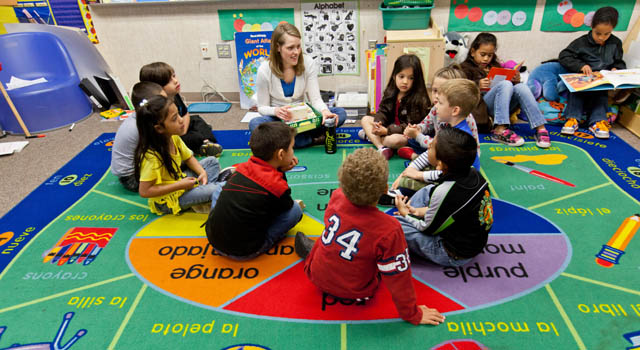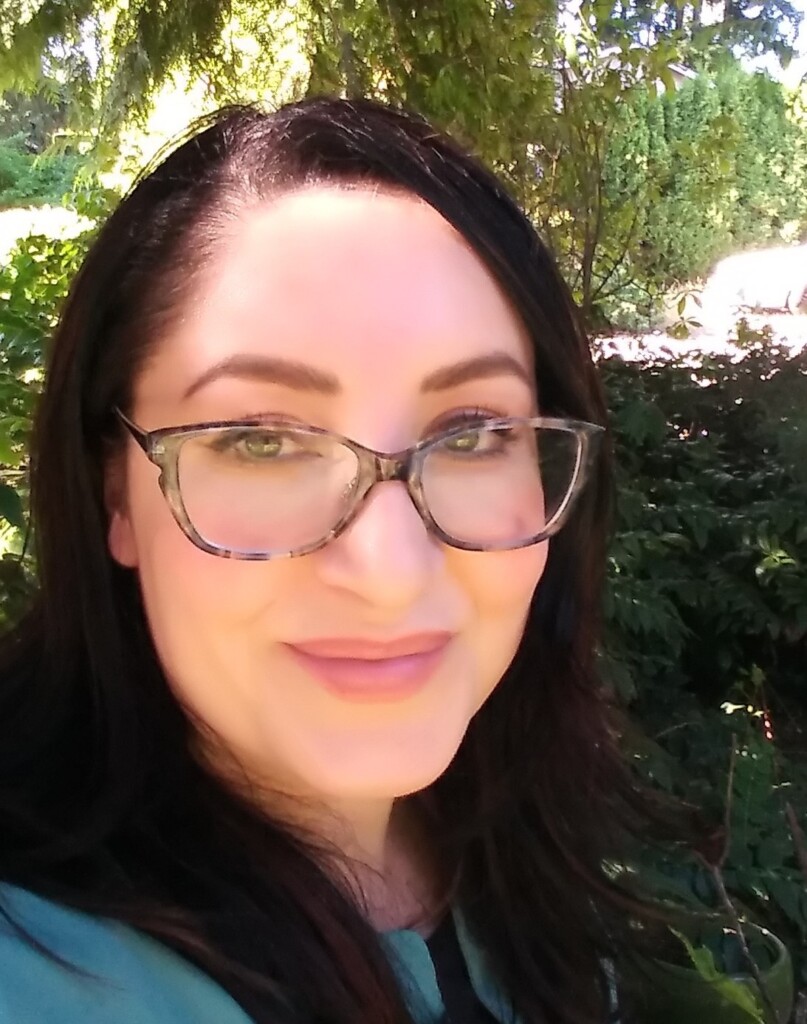Page 26 • (1,815 results in 0.043 seconds)
-

more basketball in her. She’ll referee the tournament the students created. It’s fun. It’s outside the curriculum. It’s after school. It’s relationship building and the students took ownership of something and did the work to make it something else. “I think relationships are the foundation of effective teaching,” Edwards said. Building relationships is part of learning, she said. “It’s neat to see kids who maybe didn’t have many friends at the beginning of the year build connections,” Edwards said
-
, texts, and contact via social media, unwanted gifts, showing up/approaching an individual or their family/friends, monitoring, surveillance, property damage, and threats.” (SPARC, 2021). Because many stalking behaviors can be benign or even nice gestures OUTSIDE of a stalking relationship, and not a crime on their own, it’s common for people to not recognize these behaviors as stalking (e.g., an ex sending flowers or showing up where you are unannounced). Stalking did not even become illegal until
-
sustainability practices on the PLU campus, and help identify funding agencies or opportunities for the projects. The DJS fellowships are intended to continue the collaboration between students, faculty, and staff around issues of diversity, justice, and sustainability while building students’ skills. DJS Fellowship project topics will be guided by current and emerging needs of DJS initiatives at PLU. Fellowship Award: $1,500 will be awarded to up to 6 students for their project contributions2022-2023 DJS
-
? Which community partners is your department familiar with? Which community partners does PLU have a relationship with? (See list) Am I interested in partnering with one organization or multiple organizations? Duration of relationship: Semester-long engagement (one-time engagement) On-going engagement (start over each semester) Continual engagement (advance the work of previous semesters) Are other departmental colleagues interested in collaborating in on-going or continual engagement? Course
-
If a violent incident or some other incident occurs outside your building, please stay inside or shelter-in-place. If there is an imminent threat of violent, the entrance doors should be locked by you or those designated to carry out a lock down in your building. In addition, you should lock classroom or office doors, if possible and hide from view of windows. The university may initiate a modified lock-down where the doors are locked, but normal academics and operations continue. An
-
Posted on December 1, 2017October 31, 2018 The Environmental Politics of Study Away: a US citizen’s role in the lives of indigenous Mexicans As an Environmental Policy minor, it is of great importance to me to understand the viewpoints of local people, conceptions of geography, cultural practices, and general ideas about people’s relationship with the land in the context of certain ecological issues and phenomena. Throughout my activities studying very specific places and issues as an
-
February 1, 2013 Fire drill between Feb. 25 and March 1. There will be a Fire/Evacuation drill in PLU non-residential buildings (Blomquist, CC, E. Campus, Health, Ingram, Hauge, MBR, Mailroom/Warehouse/Printshop, Memorial, Morken, Mortvedt, Names, Neeb, Olson, Payroll House, Ramstad, Rieke, Theater, UC, Xavier) the week of Feb. 25-March 1 in the morning. The exact time and date will not be announced. A building fire alarm will trigger the drill in most buildings. Please read the following so
-
If a fire or other incident that creates an unsafe environment occurs in your building or a fire alarm goes off, leave the area and, if possible, assist others to exit in an orderly manner. Use the nearest safe route and exit. Go to the Emergency Assembly Point (EAP) away from the building. Check in with the Emergency Building Coordinator (EBC) and report to the EBC anyone who is missing from the assembly point. Faculty who are in class at the time of the incident should escort their class to
-

a person’s well-being. I embrace and respect diversity in cultural values, which make each client unique in their perspectives and experiences. I believe that we all experience moments in our lives where a therapeutic relationship helps promote healing and emotional strength as we navigate challenges in our daily life.
-
Alumni RelationsThe objective of this study was to explore alternative means of communication with alumni, beyond soliciting donations. The MSMA research team of Isaiah and Liam focused on the potential interest of alumni in alumni-specific events as a mechanism for fostering a closer relationship between the university and its graduates. The findings of the focus group discussion and survey provided valuable insights into alumni preferences and interest levels, which could be utilized to
Do you have any feedback for us? If so, feel free to use our Feedback Form.


